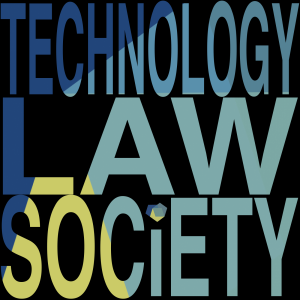Changes in technology are revolutionizing the study and practice of law. A generation ago, law and social science (LSS) scholars outlined a new paradigm for legal scholarship, focusing on social, economic and political variables in the interpretation and execution of the law. Today, algorithmic processes, data analytics and ubiquitous social and mobile computing pose new opportunities for the reimagination of law and social science research, as well as new challenges for law. Yet, LSS scholars have not yet fully grappled with the ways that technological innovations are reshaping the legal landscape and indeed, the very tools available to legal practitioners. Nor have they fully examined how new technologies potentially mitigate, exacerbate, or mask human biases that demonstrably impact legal practice. The time is ripe to explore the legal terrain being created through new technologies, the evidentiary implications of innovative forms of knowledge and record-keeping, the legal forms that are being brought into being as legal actors adapt technologies to their own uses, and the insertion into the law of new computational agents being programmed to make ethical decisions, comply with the law or even make the law. LSS scholars began a paradigm shift by bringing social scientific analysis to the law. We propose instigating a new paradigm shift by turning law and social science attention to these new technological developments through the study of what we are calling, “law-in-computation,” that is, the way that law works when it is integrated into computer-based and other technical systems. We also propose hands-on cross-training with new technologies in order to produce new insight into the current historical moment in the development of the law.
Copyright © 2024 · Legacy Child Theme on Genesis Framework · WordPress · Log in

